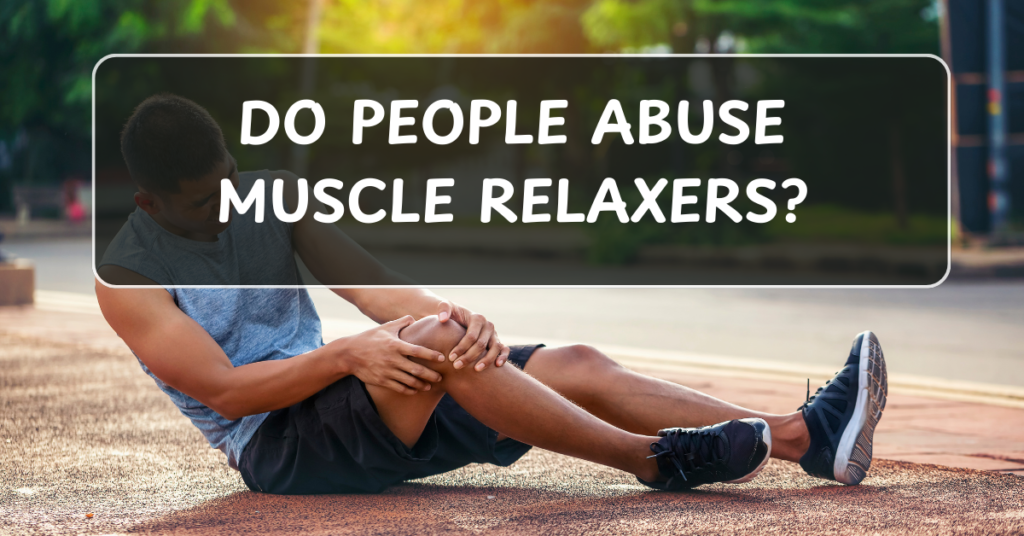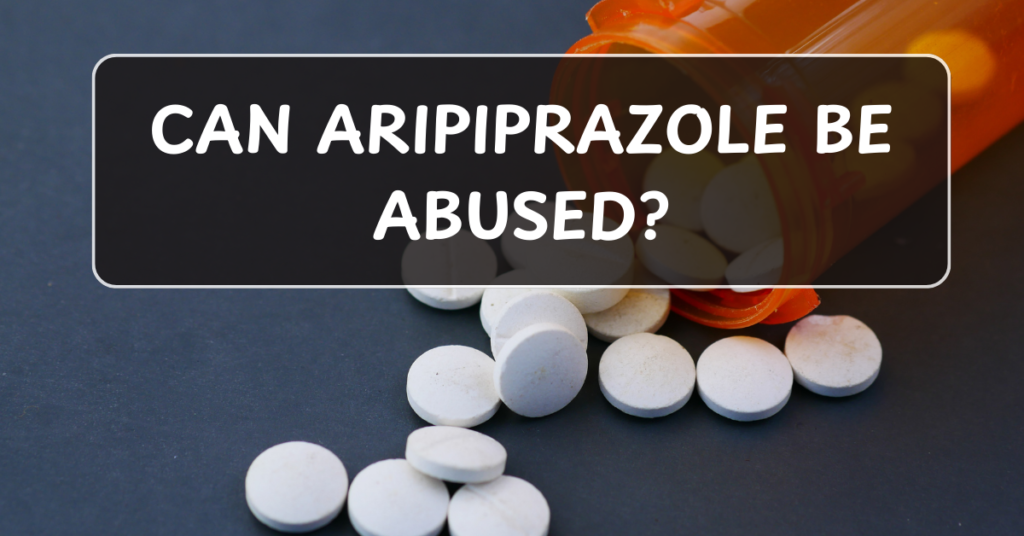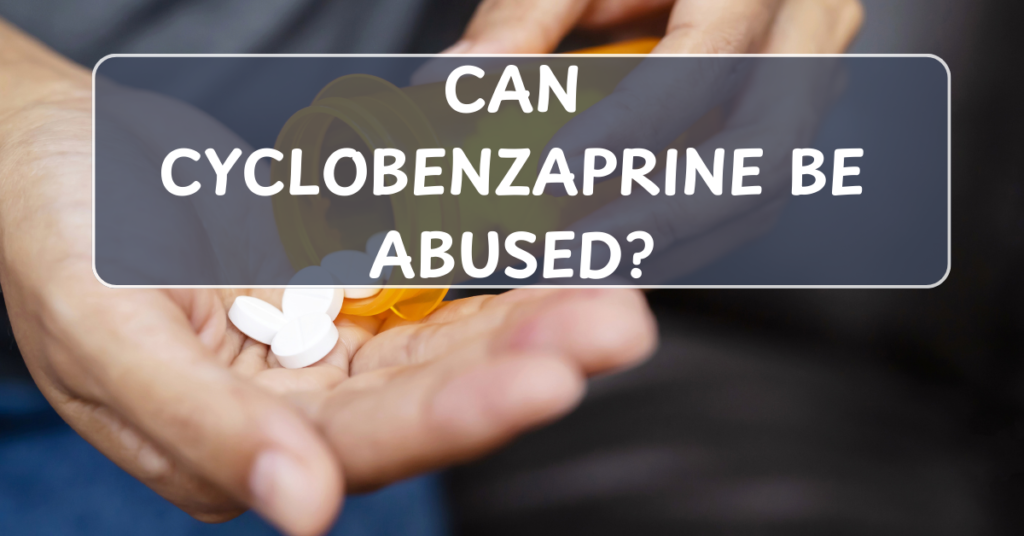
Yes, some individuals do abuse muscle relaxers. While these medications are prescribed to treat conditions involving muscle spasms, pain, and injuries, their misuse can lead to serious health risks. Muscle relaxers are commonly prescribed to help manage pain from musculoskeletal conditions such as back pain, neck pain, or fibromyalgia. However, when taken inappropriately or for recreational purposes, muscle relaxers can be harmful.
Why Do People Abuse Muscle Relaxers?
- Sedative and Relaxing Effects:
- Muscle relaxers, especially those like carisoprodol (Soma), cyclobenzaprine (Flexeril), and methocarbamol (Robaxin), have sedative effects that can make a person feel relaxed, drowsy, or even euphoric. Some people abuse these medications for their calming and sleep-inducing properties, particularly those who suffer from anxiety or insomnia.
- Combining with Other Substances:
- Some individuals misuse muscle relaxers in combination with other drugs or alcohol to enhance the effects of sedation or achieve a “high.” This can be dangerous as it can increase the risk of respiratory depression, overdose, and even death.
- Pain Relief:
- For people dealing with chronic pain or physical discomfort, muscle relaxers may seem like a quick solution to alleviate their symptoms. However, the abuse of these drugs, especially when taken in larger doses than prescribed, can result in dependency and serious health issues.
Effects of Muscle Relaxer Abuse
While muscle relaxers can provide relief from pain when used as prescribed, abusing them can lead to a variety of negative physical and psychological consequences:
- Drowsiness and Sedation:
- Taking muscle relaxers inappropriately can cause excessive drowsiness, confusion, and impaired motor coordination. This can make it difficult to perform everyday tasks and increases the risk of accidents, such as car crashes or falls.
- Memory Impairment:
- Abusing muscle relaxers can interfere with cognitive functions and lead to memory problems, confusion, and difficulty concentrating.
- Slowed Breathing and Respiratory Depression:
- When abused, muscle relaxers can slow down the breathing rate to dangerous levels, particularly when taken with alcohol or opioids. This can result in severe respiratory issues, unconsciousness, and even death.
- Heart Problems:
- Excessive use of muscle relaxers can cause heart-related problems, including arrhythmias (irregular heartbeat) or lowered blood pressure, which can lead to dizziness, fainting, or even cardiac arrest in extreme cases.
- Addiction and Dependence:
- Muscle relaxers, when abused, can become addictive. Over time, individuals may develop a tolerance to the drug, requiring higher doses to achieve the same effect. This can lead to physical dependence, withdrawal symptoms, and difficulty stopping use despite the negative effects.
- Mental Health Issues:
- Long-term abuse of muscle relaxers can contribute to depression, anxiety, and mood swings. Some people may turn to muscle relaxers as a coping mechanism for stress or emotional distress, which can worsen underlying mental health issues.
What Happens During Withdrawal from Muscle Relaxers?
When someone has become dependent on muscle relaxers, quitting or reducing use can lead to withdrawal symptoms, which may include:
- Anxiety
- Insomnia
- Nausea
- Tremors
- Sweating
- Increased heart rate
- Irritability
In severe cases, withdrawal can lead to seizures or other health complications.
How to Prevent Muscle Relaxer Abuse
- Take as Prescribed:
- The best way to prevent abuse is to take muscle relaxers exactly as prescribed by a healthcare provider. Never take more than the prescribed dose, and avoid taking them for longer than necessary.
- Avoid Mixing with Other Substances:
- Do not combine muscle relaxers with alcohol, opioids, or other sedatives. The combination of these substances can be deadly and increases the risk of overdose.
- Seek Help for Chronic Pain or Anxiety:
- If you are using muscle relaxers for chronic pain, stress, or anxiety, consider speaking with a healthcare professional about other treatment options. Therapy, physical therapy, or non-addictive medications may be better alternatives.
- Be Aware of the Signs of Abuse:
- If you or someone you know is abusing muscle relaxers, it is important to seek help immediately. Signs of abuse include taking larger doses than prescribed, combining the drug with other substances, and using it for reasons other than its intended medical purpose.
Conclusion
While muscle relaxers can be helpful in treating muscle spasms and pain when used appropriately, they can also be abused. Taking muscle relaxers for recreational purposes, or in larger quantities than prescribed, poses significant risks to physical and mental health. Abuse can lead to addiction, serious side effects, and even life-threatening consequences. If you or someone you know is struggling with muscle relaxer abuse, it’s important to seek professional help to prevent further harm and support recovery.


